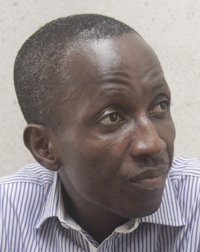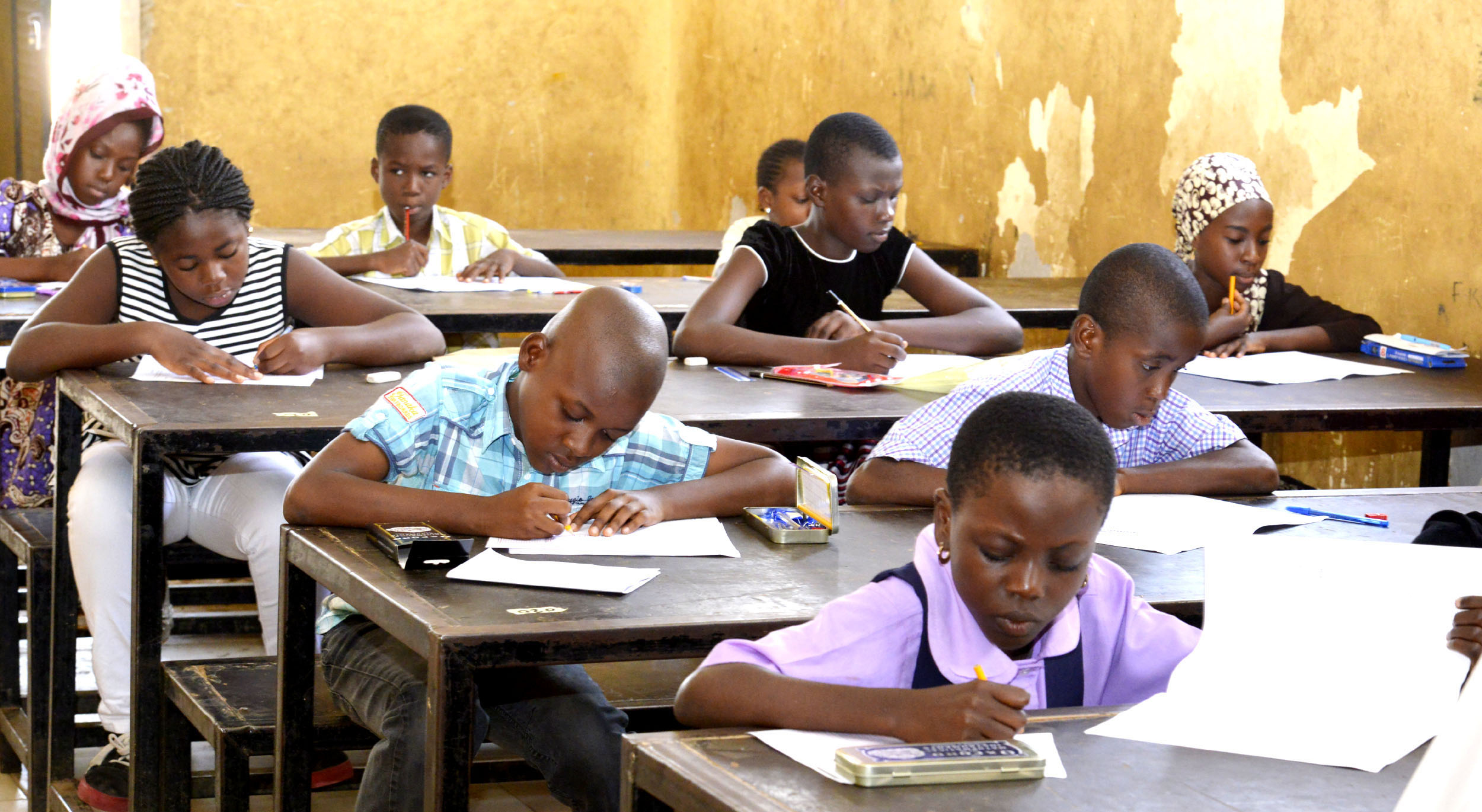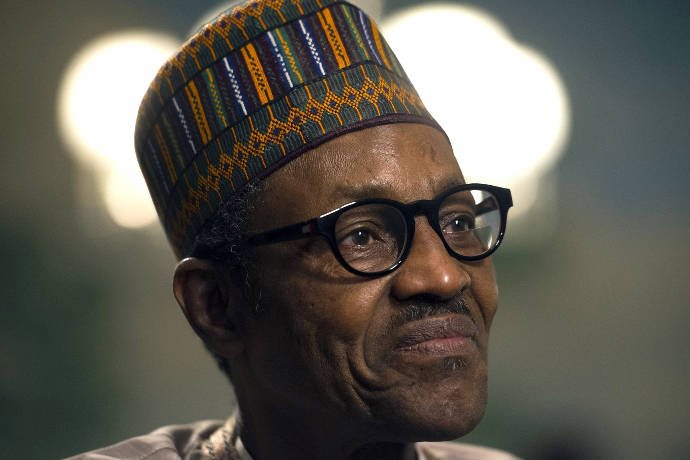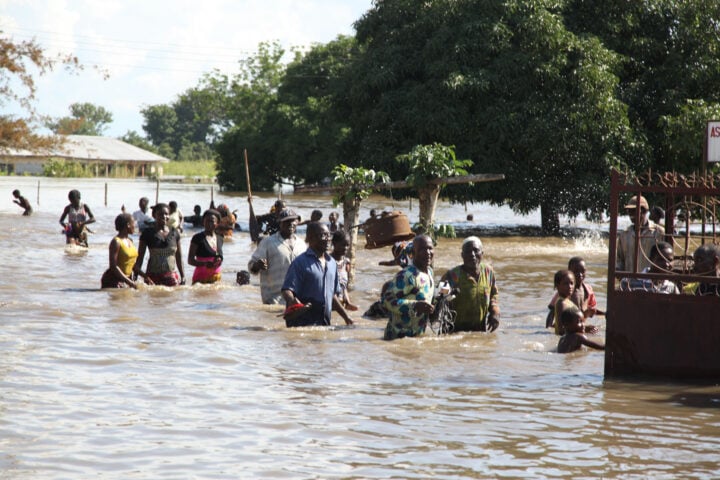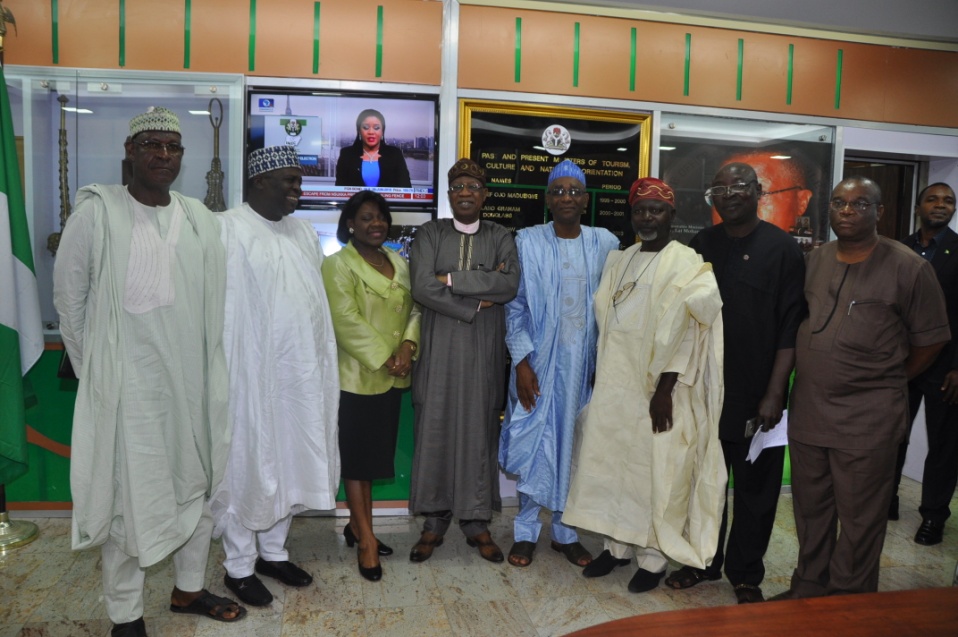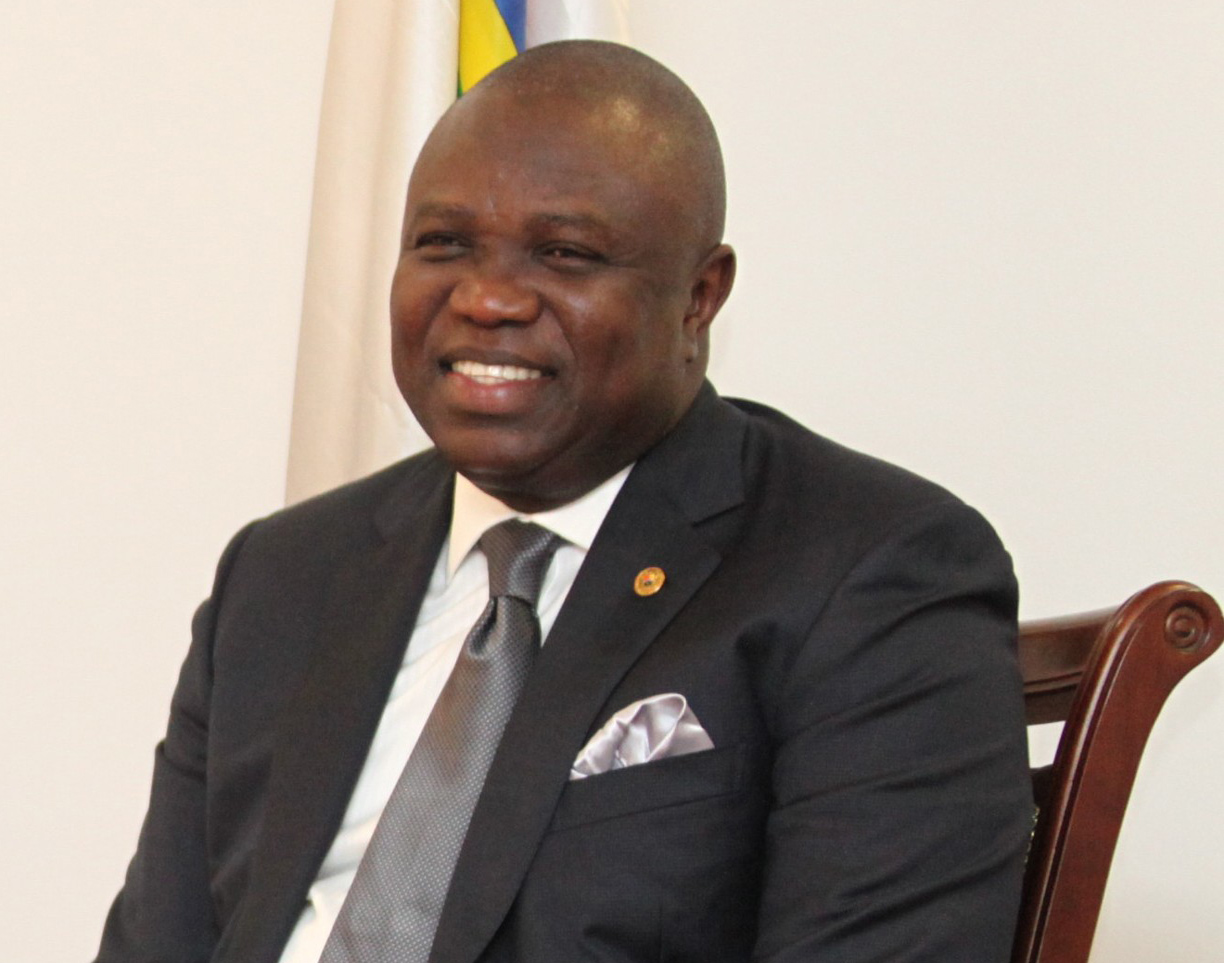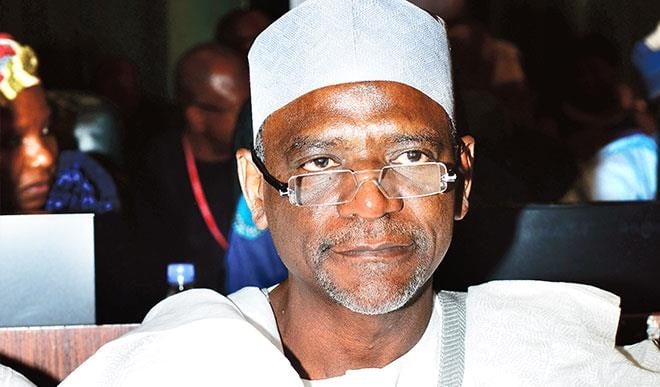Coming after my piece of last week wherein I challenged Nigerians to critically examine the farce going on in the name of governance in most of our states, one could be pardoned for thinking that this column is deliberately targeting states. Today’s piece came out of a myriad of encounters I had towards the end of last week on a trip across Ogun, Oyo, and Osun States. Apart from the palpable hunger visibly written on the faces of most people I encountered which I think is not being properly chronicled by journalists, the terrible state of most of the schools I saw left me in tears.
By the way, last week’s piece elicited a response from the Kwara State governor’s spokesperson and that in itself was a good thing. At least they are reading, even though the rejoinder was high on sophistry but low on substance as he ended up fudging the issues. He will do well to read the story I quoted in my piece again noting his own words, not yet denied as far as I can tell, and also let readers know when last local government elections were held in his state.
The release of May/June 2016 senior school certificate examination results had made me uncomfortable especially how it affects the states in the south west. With due respect to the states which came top in the analysis of the results, citizens of the geopolitical zone should be alarmed and concerned about what is going on in the educational sector. Fine, we should not make a mountain out of a molehill but when a pattern is emerging, the earlier we took notice, the better for all. Out of the 1, 552, 758 students that sat for the examinations, the West African Examinations Council (WAEC) announced that 878, 040 candidates obtained credits in five subjects including English language and mathematics, that is 52.97% passed in the real sense. This was further broken down on a state-by-state basis and only Lagos State, which came sixth, was in the top 10 among the six western states.
In an area where late Obafemi Awolowo launched free education in 1955, we have gone down on the index of success in secondary school certificate examinations. Granted that this is just one of the indices we can use to measure education growth, it is shameful that gradually we are sliding down to become the new ‘educationally disadvantaged states.’ Ekiti took the 11th position, Ondo 13th, with Ogun 19th while Oyo was 26th and my home state, Osun came last – 29th. What went wrong? Again, we must acknowledge that this could not have been an overnight event, but a culmination of several factors that led us to where we are today. At least three of the states have had crisis in the education sector in the last one or two years, Ekiti State government has engaged in a needless fight with some private school proprietors because of tax just as Oyo has been up in arms with teachers over its proposed ‘public private participation’ – whatever that means, in the administration of secondary schools. Probably only one or two states too are not owing teachers’ salaries presently in the zone presently.
Advertisement
I listened to a programme on Impact Business Radio, the first and only business radio station in Nigeria, Peoples Parliament, anchored by veteran broadcaster, Femi Mapaderun on Saturday and the proposed public private participation was the focus that day. Yomi Layinka, spokesperson of the Oyo State government, was also on air to explain the programme better. Some listeners called in to ask questions and vent their displeasure on what the government was proposing, but the anchor masterfully took us down memory lane on how schools, particularly mission schools were well run in the 1960s when he was a secondary school student. The crucial thing for me was the opportunity to talk about the issues as the latest SSCE results were also discussed.
Others issues we have to look into include the debate on free education which the neoliberal economic policies of our governments are affirming is no longer feasible, training and continual motivation of teachers at all levels, involvement of the alumni in running of our schools, and provision of a conducive environment for learning. As a parent, one is not too comfortable paying the huge amounts being paid as school fees in private schools but whenever you look at the state of our public schools, you would not want to put even goats in such schools. Folks in the Afenifere Renewal Group and DAWN Commission should also be looking into these, as an implication is that the future is bleak when we don’t have the manpower needed for development.
Advertisement
Views expressed by contributors are strictly personal and not of TheCable.
Add a comment
